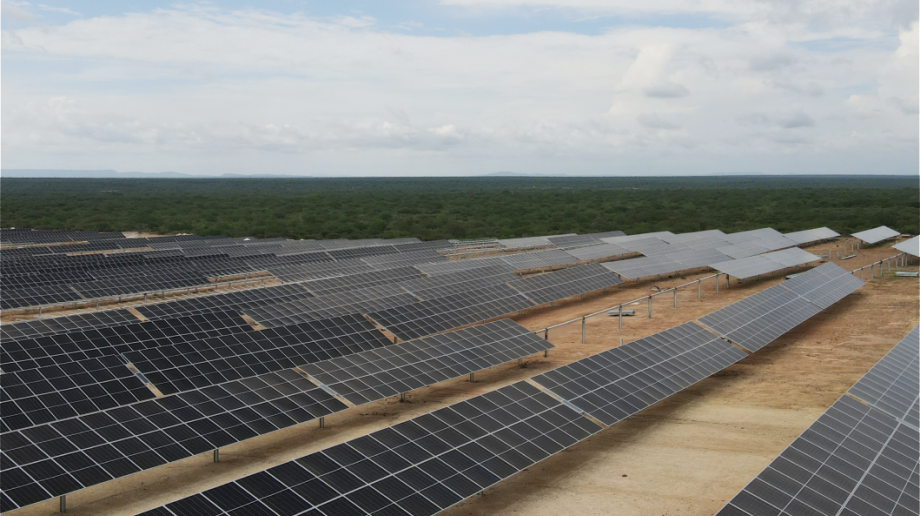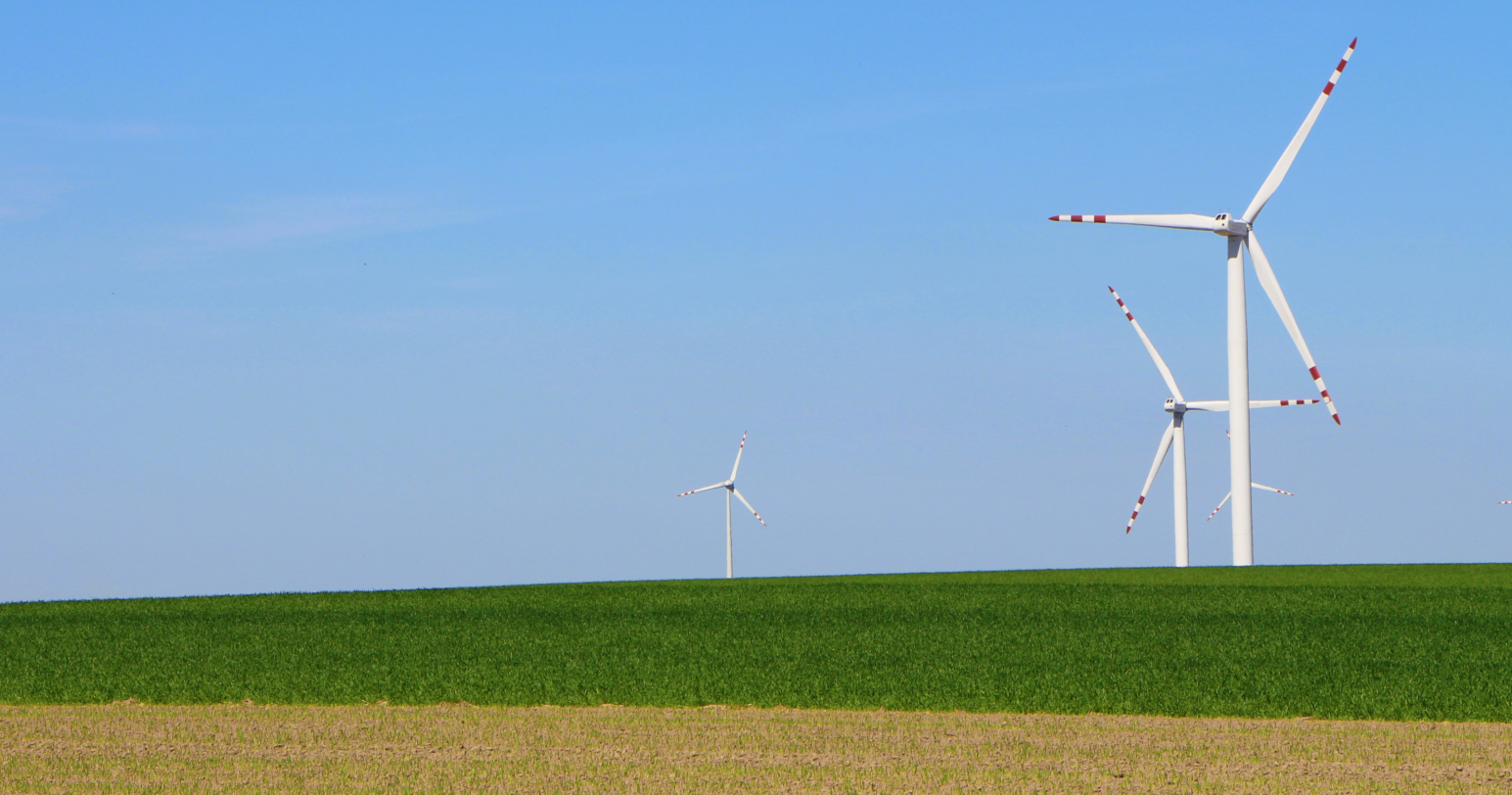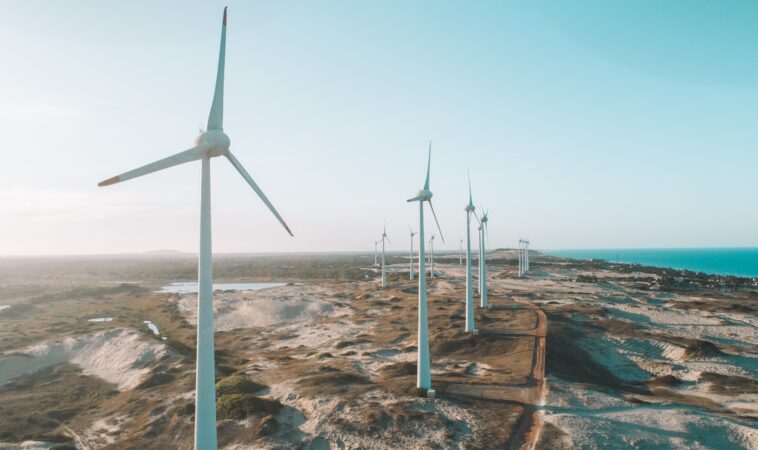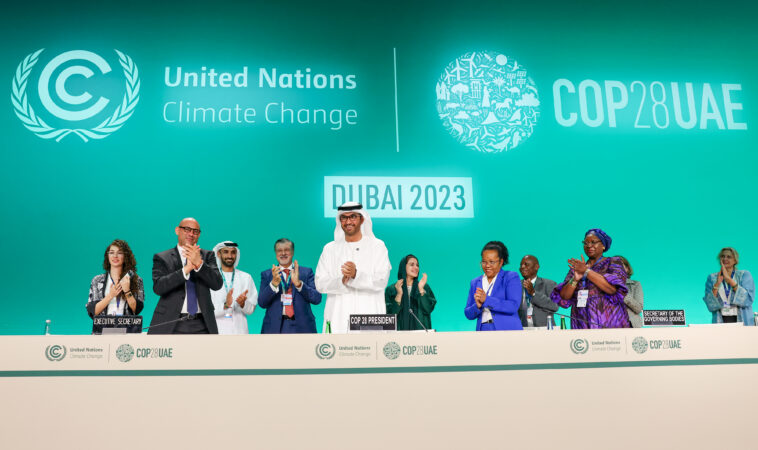
Eneva SA, a Brazil-based company engaged in the energy sector, has joined the Powering Past Coal Alliance (PPCA) with a new pledge to phase out coal power generation by 2040.

Eneva is the largest private natural gas operator in Brazil and an integrated energy company which operates from the exploration and production (E&P) of natural gas to the supply of energy solutions. The company also generates power from a wide variety of resources including thermoelectric and solar power plants.
Its PPCA membership announcement today comes with a commitment to phase-out its two coal-fired power plants by 2040, as informed on February 8th 2022 during Eneva’s Investors Day. The new pledge builds on the company’s previous commitment in 2020 to cease any further investments in new coal-fired generation assets.
Eneva’s vision is to be the leading integrated energy company in terms of value creation. The company has been a pioneer in Brazil on several new frontiers: Eneva helps replace oil-powered generation with less polluting onshore gas in the isolated system of Northern Brazil, which is not connected to the national grid containing the newly inaugurated Azulao-Jaguatirica plant. In 2011, it was the first company to build a solar power plant in Taua, a region in northeastern Brazil. Additionally, Eneva recently acquired Focus Energia, which is building one of the largest solar energy plants in Brazil.
“Perhaps one of the greatest challenges ahead of us is how to balance the need to eliminate carbon emissions with socio-economic development. Our mission is to lead a just and inclusive energy transition that generates value for all stakeholders”, says Pedro Zinner, Eneva’s CEO.
Brazil’s Energy Matrix
Compared to other regions, Brazil has a relatively clean energy mix with renewable energy representing 81% of the country’s power generation – whereas coal accounts for only 4%[1]. Given such a matrix, secure, accessible and stable power generation sources are key to Brazil’s development and socioeconomic growth, allied to environmental awareness.
Brazil’s 2030 Expansion Plan makes avail of strong renewable energy growth combined with natural gas, which can provide necessary stability while reducing dependence on coal-fired power generation. Encouragingly, new coal projects proposed in the country as far back as 2014 have so far failed to secure contracts in electricity sector auctions and underscore an ever-worsening economic case for coal expansion.
Despite of being one of the most populous countries in the world, only a fraction of the country’s GHG emissions come from energy generation, while other sectors such as soil change and agriculture account for the majority of the emissions.
In Brazil, there are still about 2 million people who do not have access to electricity. That is why, according to Eneva, social inequalities must be taken into account as the plan of transitioning out of coal becomes reality.
Energy Transition in Latin America
Eneva joins a growing list of PPCA members in Latin America dedicated to phasing out coal in line with the COP26 Paris Agreement goals. Latin American countries that have already joined the Alliance and set the path for others to follow include Costa Rica, El Salvador, Mexico, Peru, Uruguay, and Chile.
Eneva’s concrete commitments confirm yet again the sustained momentum in the region’s energy transition to keep 1.5 degrees within sight.





